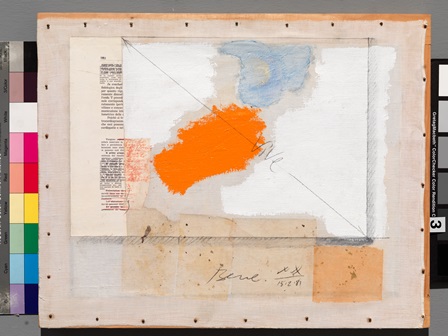Mrs Malaprop Goes to Hastings: History, Parody, and Language in 1066 and All That (1930)
DOI:
https://doi.org/10.13130/2035-7680/8314Parole chiave:
humour, satire, academic writing, early twentieth-century English, cultural criticismAbstract
This essay discusses the manifold ways in which malapropisms, among other strategies, contribute to the comic effects achieved in 1066 and All That, a book meant to satirize early twentieth-century history manuals. After an overview of the book’s structure and contents, I will highlight examples in which linguistic choices cause semantic shifts resulting in humorous remarks. These typically sound like misremembered facts or mispronounced names, in a flurry of statements evoking the idiosyncratic usage of Mrs Malaprop, Richard Sheridan’s famous character. Throughout the text it is however difficult to draw a line between mere spoof and thinly-veiled ideological criticism: in carnivalesque uses, the maxims that underpin the Cooperative Principle can hardly apply, and reading between the lines, or indeed among semantic clusters, is indispensable.




